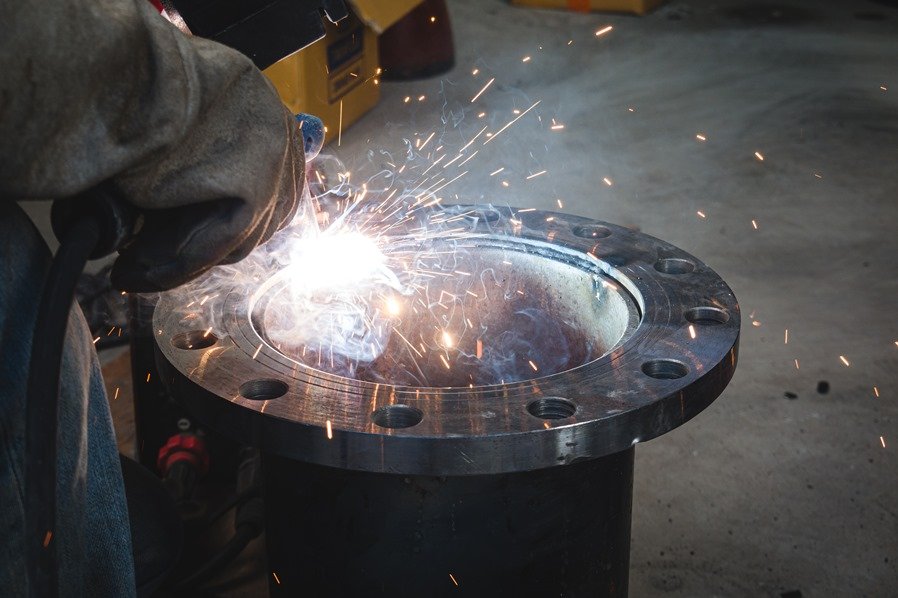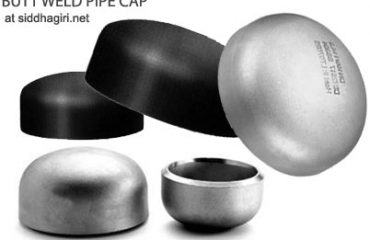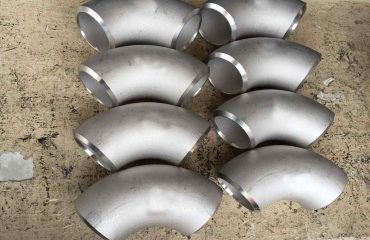
Understanding GOST 12820
GOST 12820 outlines the specifications for flat flanges used in piping systems. These flanges are designed to connect pipes, valves, and other equipment, ensuring a secure and leak-proof joint. The standard covers various aspects, including dimensions, pressure ratings, and material requirements.
Material Requirements
The material requirements for GOST 12820 flanges are crucial to ensure their performance under different operating conditions. Here’s a breakdown of what to consider:
1. Material Types
GOST 12820 flanges can be made from various materials, each chosen based on the specific application needs. Common materials include:
-
Carbon Steel: Often used for its strength and cost-effectiveness. Suitable for applications where temperature and pressure are moderate.
-
Stainless Steel: Provides excellent corrosion resistance and is ideal for environments with high humidity or corrosive substances.
-
Alloy Steel: Offers enhanced mechanical properties and is used in high-pressure or high-temperature applications.
-
Non-Ferrous Metals: Such as aluminum or copper alloys, used in specific applications where their unique properties are required.
2. Mechanical Properties
The chosen material must meet specific mechanical properties to ensure the flange can withstand the operational stresses. These properties typically include:
-
Tensile Strength: The material must have sufficient tensile strength to resist breaking under tension.
-
Yield Strength: The yield strength indicates the material’s ability to withstand deformation under stress.
-
Impact Resistance: Especially important for applications involving fluctuating temperatures or pressures.
3. Chemical Composition
The chemical composition of the material is critical for ensuring its performance and compatibility with the fluid being transported. The composition must be controlled to prevent issues like corrosion or material degradation.
-
Carbon Content: In carbon steels, the carbon content affects hardness and strength but must be balanced to avoid brittleness.
-
Alloying Elements: Elements like chromium, nickel, and molybdenum in stainless and alloy steels enhance corrosion resistance and mechanical properties.
4. Temperature and Pressure Ratings
The material must be suitable for the temperature and pressure conditions of the application. GOST 12820 specifies different pressure ratings, and the material must be selected accordingly to ensure safety and reliability.
-
Temperature Resistance: The material should maintain its properties at the operating temperature, whether it’s high or low.
-
Pressure Resistance: The flange must withstand the system’s pressure without deforming or failing.
Conclusion
Selecting the right material for GOST 12820 flanges involves considering the application’s specific requirements, including environmental conditions, mechanical stresses, and chemical exposure. By adhering to the material requirements outlined in the standard, you can ensure that the flanges will perform reliably and safely in their intended applications. If you have any more questions or need further details, feel free to ask!


![4-150-astm-a105-ansi-b16-5.jpg_350x350[1]](https://www.ltdpipeline.com/wp-content/uploads/2017/06/4-150-astm-a105-ansi-b16-5.jpg_350x3501-370x240_c.jpg)

You must be logged in to post a comment.